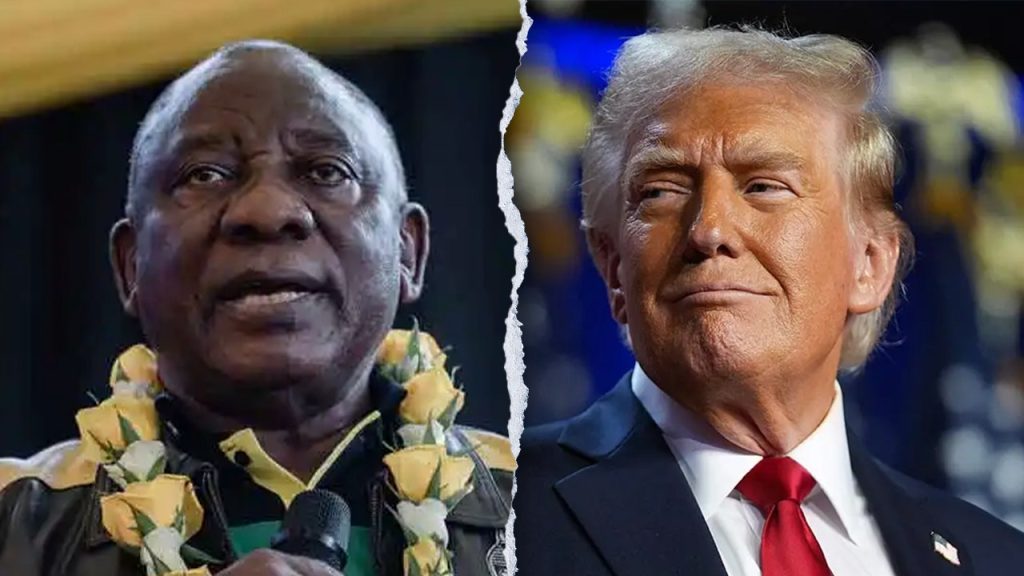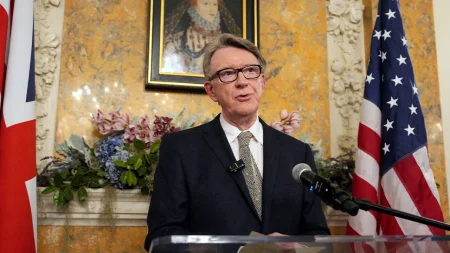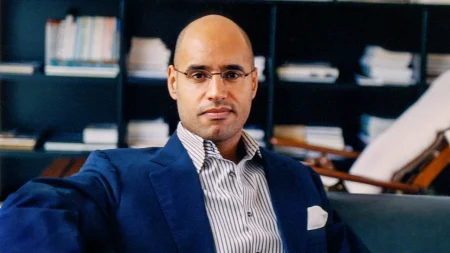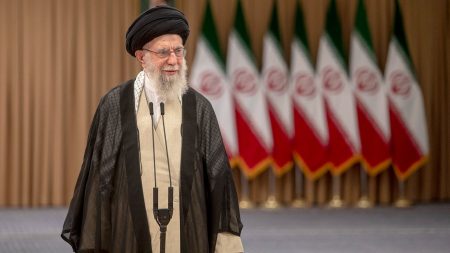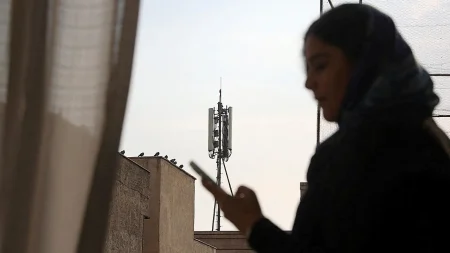Growing Tensions Between U.S. and South Africa at the G-20 Summit
In a diplomatic standoff that has captured international attention, the White House and South Africa have engaged in an increasingly bitter exchange over the G-20 Leaders’ Summit held in Johannesburg this weekend. The conflict began when South African President Cyril Ramaphosa refused to allow a U.S. embassy delegation to participate in the summit’s closing ceremony, despite the United States taking over the G-20 presidency next year. White House deputy press secretary Anna Kelly responded forcefully, telling Fox News Digital that Ramaphosa had initially declared he would “pass the gavel to an ’empty chair'” but was now “refusing to facilitate a smooth transition of the G-20 presidency at all.” This diplomatic spat represents more than just procedural disagreements—it highlights deeper tensions between the two nations and raises questions about the future direction of this influential international forum.
The controversy deepened when Kelly accused South Africa of having “weaponized their G-20 presidency to undermine the G-20’s founding principles.” She pointed to South Africa’s push to issue a G-20 Leaders Declaration despite what she described as “consistent and robust U.S. objections.” The situation stems from former President Trump’s decision to withdraw all U.S. participation from the summit, citing concerns about racial discrimination against White South Africans. Kelly emphasized that “President Trump looks forward to restoring legitimacy to the G-20 in the U.S.’s 2026 host year,” suggesting that the current administration views the South African-led summit as having strayed from its intended purpose. With Trump already announcing plans to host the 2026 G-20 at his Miami Doral Resort, these comments signal a potential shift in how the U.S. approaches international cooperation through this forum.
The summit also faced criticism from South Africa’s chief rabbi, Dr. Warren Goldstein, who expressed disappointment over the Leaders Declaration’s failure to address what he termed “one of the greatest human rights crises in Africa—the continent wide jihadi war on Christians.” Speaking exclusively to Fox News Digital, Goldstein highlighted recent atrocities, including the kidnapping of more than 300 girls and 12 teachers from a Catholic school in Nigeria, questioning how the G-20 could overlook such critical issues happening across the African continent. “The silence of the G-20 declaration on this and other jihadi atrocities on the continent is a moral disgrace,” he stated, calling the gathering “a heartless charade that history will judge harshly.” His comments underscored concerns that the summit may have missed an opportunity to address pressing humanitarian crises in its host continent.
The legitimacy of the Leaders Declaration itself became a point of contention when President Ramaphosa was reportedly overheard telling leaders that the final 122-point resolution was ready for endorsement before discussions had even begun. This procedural irregularity, captured when Ramaphosa’s microphone was inadvertently left open, raised questions about the collaborative nature of the declaration’s development. Of the forty-two world leaders and major institutions represented at the summit, only Italy’s President Giorgia Meloni specifically addressed the issue of Christian persecution in the days surrounding the event, posting on social media a call for the Nigerian government to “strengthen the protection of Christian communities and all religious communities.” This limited acknowledgment of religious persecution stood in stark contrast to the comprehensive nature the G-20 typically aims for in addressing global challenges.
The final G-20 South Africa Summit Leaders’ Declaration, released on Sunday, made only passing reference to religious issues, stating: “We condemn all attacks against civilians and infrastructure… states should develop friendly relations among nations, including by promoting and encouraging respect for human rights and for fundamental freedoms for all without distinction as to race, sex, language, or religion. We condemn terrorism in all its forms and manifestations.” This broad language failed to address the specific concerns raised by critics about targeted religious persecution, particularly against Christians in Africa. Meanwhile, South Africa officially marked the United States as “absent” from the summit, with the American flag in the media center serving as the only visible U.S. presence throughout the weekend, further emphasizing the diplomatic rift between the two nations.
This G-20 summit has ultimately revealed deeper fractures in international cooperation than many anticipated. The public disagreement between the United States and South Africa represents more than a diplomatic hiccup—it signals potential challenges for future global governance and cooperation on pressing international issues. With the U.S. set to assume the G-20 presidency next and Trump already outlining his vision for the 2026 summit, questions remain about how these tensions will affect the forum’s ability to address complex global challenges. The absence of meaningful dialogue on critical human rights issues like religious persecution in Africa, despite the summit being hosted on African soil, also raises concerns about whether the G-20 can effectively represent diverse global interests. As international observers process the outcomes of this contentious summit, the path forward for one of the world’s most influential economic forums appears increasingly uncertain.





